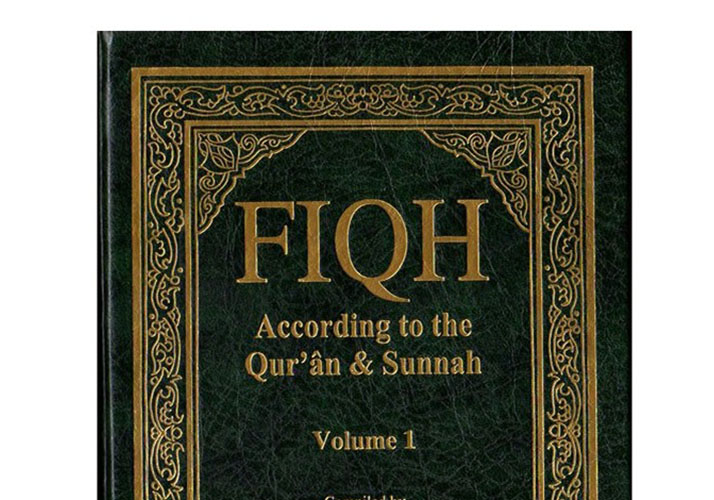It is that which Sharia commanded assuredly through clear authentic proof with no doubt whatsoever. Verification of practices in this category is related through verses from the Holy Quran, authentic Sunnah in the level of Mutawater (narrated by over 10 people in each chain) or by general consensus. Examples of that would be the five daily prayers, fasting Ramadan, giving Zakat, and performing Hajj. The ruling on this category is that it is something that must be performed, and there are rewards for practicing it, while there is punishment for failing to act on it. If someone denied it as part of Islam, he would be committing kufr.
Commanded – Wajeb (الواجب)
It is that which Sharia commanded assuredly by using clear but assumed proof which could have an element of uncertainty to it. Verification of practices in this category is related to Sunnah narrated by individuals (Ahaad) shorter than the level of Mutawater. Examples of that would be Sadaqat Al-Fitr, Eid Salat and Witr Salat. Its ruling is that it is the same as Fardd except one denying it as part of Islam would not be out of Islam. Only the school of Ahnaf makes such differentiation between Fardd and Wajeb, but to the rest of the schools of Fiqh the two terms mean the same.
Preferred – Mandoob (المندوب)
It is that which Sharia asked to be performed but not as an obligation. It is rewarded if performed but not punished if missed. An example would be documenting loan contracts. Scholars gave it terms also like Sunnah and Mustahab. School of Ahnaf divided the Mandoob to regular (such as fasting Mondays and Thursdays) and confirmed (such as praying in Masjid as a (Jama’a) group).
Not Preferred – Makrooh (المكروه)
It is that which Sharia asked not to be performed but not in the level of prohibition. It is rewarded if not practiced but not punished if performed.
In the school of Ahnaf it is of two levels. First, Makrooh “Tahrimiyyan” which is closer to Haram and it is what Sharia asked not to be performed in an assured and firm language using an assumed proof such as the Hadith in the level of Ahaad. Examples of that would be making an engagement with a girl who is already engaged, or wearing silk and gold for men. The ruling on this category for Ahnaf is that it is rewarded if not practiced but there is a punishment if acted on. One who rejects such a ruling is not considered out of Islam. Second, Makrooh “Tanzihiyyan” is what Sharia asked not to be performed in an unassured or firm language and it has no punishment if practiced. Examples would be eating horses, or making Wudu from water that cats or scavengers drank from.
Permissible – Mubah (مباح)
It is what Sharia gave free choice for individuals to practice or not. No rewards or punishment is based on it. Examples would be walking, resting, etc. Most of the things we do are under the category Mubah.
Prohibited – Haram (حرام)
It is that which Sharia asked not to be practiced in clear and assured and firm language. Its ruling is that it is prohibited and punished if practiced while rewarded if not performed. The school of Ahnaf states that Haram is that which Sharia asked not to be practiced in a clear proof with no doubt to it. Examples would be drinking alcohol, theft or gambling.
By Sh. Kifah Mustapha


